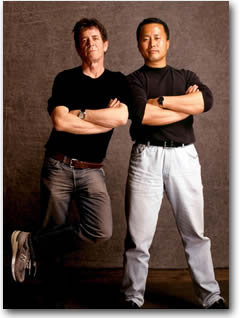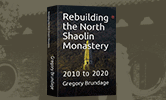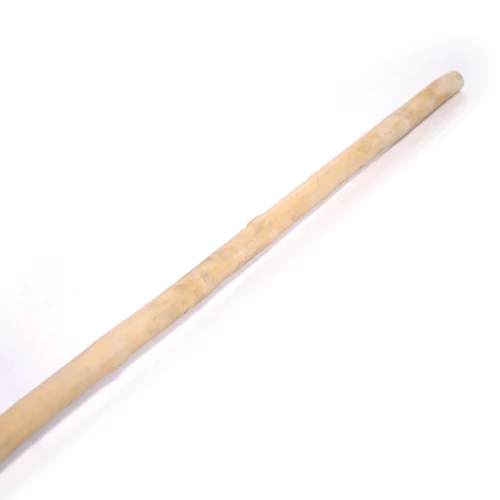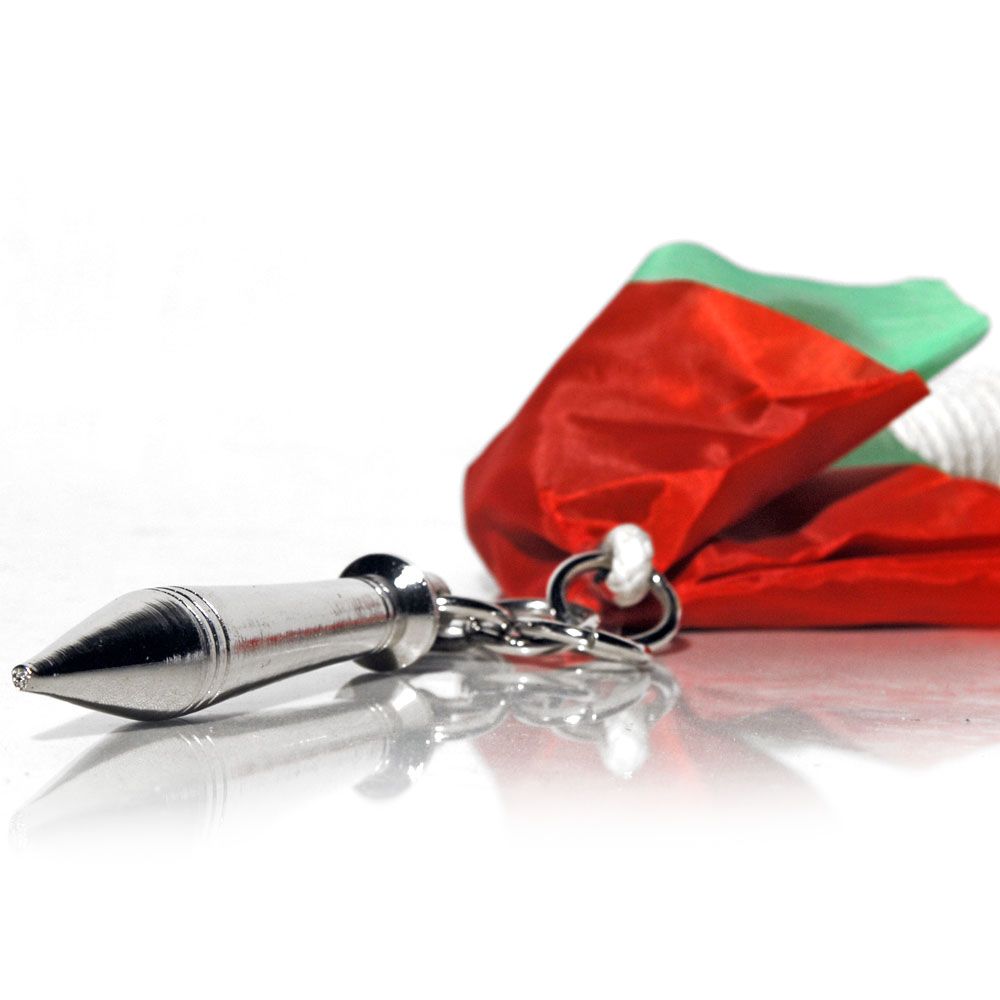By Gene Ching
Redwood City's Fox Theater is still reverberating from the rock and roll pounding it took last November. During a stop on his latest tour, Lou Reed stripped his sound down to the bone and shook the very foundations of the 78-year-old Californian venue. The Godfather of Punk fronted a colossal power trio, framing himself with two of today's greatest living bass players. On stage to Reed's left was Fernando Saunders, the virtuoso bass and guitar smith who's worked with Reed for almost a quarter century. He's also worked with Joan Baez, Pat Benetar, Jeff Beck, Eric Clapton, Marianne Faithfull, Heart, John McLaughlin, Jimmy Page, Steve Winwood and many others. To Reed's right was Rob Wasserman, the legendary standing bass player who's backed Reed for nearly two decades. He's also played with Elvis Costello, Edie Brickell, Willie Dixon, Jerry Garcia, Bruce Hornsby, Branford Marsalis, Van Morrison, Bob Weir, Brian Wilson, Neil Young, just to name a few. Few musicians have the balls to be sandwiched between such booming bass heavyweights. "There's nowhere to hide," notes Reed. And he's right. Where other performers would be pummeled into submission, nothing can suppress Reed's NYC attitude and artsy tenacity. Armed with a new effect pedal Reed respectfully calls 'the death box,' he delivered searing guitar work as electrifying as ever, slicing through the sonic booms of Saunders and Wasserman like a razor-sharp sword, penetrating straight to the heart of your bottom. The enraptured Fox Theater audience screamed back with three standing ovations. Reed didn't have them wrapped around his little finger. He wrapped them around his erect middle finger, ever defiant, ever influential, and never a mainstream sell out.
Backstage, after the show, Lou Reed held court. As fans showered Reed with congratulations, the rock icon leaned forward and confided, "If I didn't practice Tai Chi every day, I couldn't do this."
 Last Great American Whale
Last Great American Whale
At 64, Reed is a true rock veteran. No one deserves more respect than veterans, especially today. A progenitor of the alternative music genre, Reed is a living rock and roll legend whose unparalleled career has already spanned over four decades. Few can survive a single decade in the cutthroat music industry with as much integrity and authenticity. Fewer still risk pop chart suicide by consistently redefining their art. Instead of replaying his hits, Reed boldly ventures into new territory. "Jay-Z sampled me," comments Reed with a nonchalant smirk. "This could be the most money I make ever because he's as hot as you can be, and I'm the opposite. I'm way over there on the horizon to the left."
Reed's martial practice is yet another example of the marriage of musician and martial artist. Reed even sees it where he trains. "In our class, it's a 'demograph' of people who normally probably wouldn't meet," offers Reed. "It covers all spectrums so it really is interesting. A lot of musicians."
Music and the martial arts share a common bond. Unlike painting or sculpture, music and the martial arts aren't static. They are dynamic expressions of the moment, best experienced live. There's nothing like being in the presence of a master, musician or martial artist, when they unleash their honed licks and hardcore chops.
Lately, more musicians are discovering the martial arts as a tool to improve their musical skills as well as a means to some easy exposure. RZA of the Wu-Tang Clan, Taboo of the Black Eyed Peas, Johnny Colt (formerly of the Black Crowes) have all been showcased in martial magazines. But before they were born, before they were even twinkles in their agents' eyes, Reed had already survived glam rock, heroin, censorship and Andy Warhol. Today, Reed credits his longevity to his Tai Chi practice. While most touring musicians demand a steady supply of top-shelf liquor, high-grade illicits and hand-picked groupies, Reed requests a private place where he can practice for an hour or two every day. "You have to know the form," observes Reed. "Then you just get this energy out. It's really great."
For several years now, Reed has been studying directly under Master Ren Guang-Yi, a champion of Chen Tai Chi (or taiji as Chen students prefer to spell it). Ren and Reed form the most intriguing coupling of master and musician since Ed Parker and Elvis. Like Elvis, Reed took his master on tour, but not just as a personal trainer and bodyguard. Reed invited Ren to perform alongside him from Carnegie Hall to the Letterman show to the Winter Olympic stage in Toronto. It's been a groundbreaking showcase for taiji, albeit distressing for fans who just want to hear Reed play "Heroin" again. "We took him on a world tour," beams Reed with audacious pride. "We had a thing we did called 'The Raven' where I was reading Edger Allen Poe's 'The Raven,' that I'd rewritten. And we would have this amorphous free-flow music. And Ren just stepped right in and did it, right in front of us. In my mind, I knew that he's so talented. I mean Chen Taiji as he does it is, amongst everything else, astonishing choreography. The difference between it and dance is the power, plus this marriage of doctors and fighters merging together so you could stay in shape, fight, and still have a rotator cuff at the end of the day. I don't know any other system where they were that smart to figure something like that out. That's amazing. Remember that thing with Samuel Jackson about martial arts? (THE ART OF ACTION: MARTIAL ARTS IN MOTION PICTURE, 2002) In there they said if you're looking at someone like Ren, you're looking at a Baryshnikov or a Nureyev. Now ballet dancers can do those kicks, but it doesn't have the power. But Ren does. Given a choice of being kicked by one of the three, Ren wouldn't even be on the list. I wouldn't even think of it. His "fajing," even if he doesn't touch you, the force zaps you. A lot of people talk about internal power, but you see it with Ren."
Trouble with The Classicists
Master Ren inspired Reed to turn his artistry towards the ancient art. Reed composed two original instrumental works for Chen taiji practice. We've heard taiji music, but never from a legendary rock idol. As one might expect, both tracks are unconventional. "The 'traditional' music has been tacked on from various sources," comments Reed. "It's not even special music. Some of it's just a pop standard from Chinese radio in the thirties, as it turns out. It wasn't specially made by Cheng Man Ching or something. It wasn't for taiji. It just happened that way. I thought we could at least do as good as that. I had a lot of experience playing in back of Ren."
In classic yin yang fashion, one track is about centering and the other is about energy. The centering music is based on a cycle of three repeated notes, echoing the sonorous drone of meditation bells. The energy track is intensely percussive. It breaks the mold of conventional taiji music, crackling with Chen style "fajing" (explosive power +Chinese+). Reed elaborates, "When Chen Xiaowang is around, he's always saying 'calm down.' In my older school, it was 'three deep breaths.' They all have versions of it. So I said, 'That's centering.' And this means you can do that effect and not get thrown off, and the rhythm won't mess with you however you do it. The fast one, that's if you want to fly the plane. I do that. I just have so much fun doing that, it's amazing. Because it's real. It's not just there. It's actually doing something. It's really fun, really exciting. It couldn't be more opposite to what people are used to than if you sought out to do it on purpose, which we didn't. It was just to do something contemporary with it because I think taiji is traditional but very, very contemporary."
Some find the energy music uncomfortable because it's not relaxing. It's energizing. When Reed first experimented playing it for Ren's class, some complained. "We never played the fast version in class again," confesses Reed. "It was very upsetting. So when this thing came up, they said 'You have to have a choice or people will go mad and want to shoot us.' You can have the slow music. The only activity in the slow music is in the bottom. Most people who have these little systems won't hear that, but if they get something just a little bit better, or they listen on headphones with an ipod even, it'll be better than the external speaker on a computer. I made a choice on that. It was too beautiful to lop all of that off, just so you could hear it through these lousy little speakers. Then what happens if you play it through something good? God."
Transformer
Following Reed's lead, Ren's students rallied to create a very special DVD, CHEN TAIJIQUAN: LAO JIA YI LU & STRAIGHT SWORD. Top recording producer Tony Visconti, noted photographer Martin von Haselberg, high-tech guru Mark McGauley and director David Silver joined forces to produce a DVD of unprecedented quality. "Sony came out with a HD camera where they lowered the price by about $70,000," gloats Reed. "That's the camera we're using. I went and got that camera the week it came out. We were shooting around with it. I showed these guys. I said it's got to be on this level. The picture is unbelievable. This stuff wasn't available to people before. Not this level. With the studios, the digital availability of programs, that wasn't available. Not only because we had some really talented people involved, but the tools that were available are things that were out of reach five years ago. So we're very, very lucky that way. We have something that really looks and really sounds great."
The martial arts have a long tradition of low production values. From our direct-to-video chop-socky action movies to our homemade instructional videos, we have a reputation for B-grade quality. This new collaboration combines Reed's music and narration with Ren's mastery. Additionally, it introduces a new technology Reed has dubbed FlipperVision?. "FlipperVision? is seventeen-, eighteen-hundred photos that Marvin took," explains Reed. "If you stop that, it's not a form of video or freeze frame. This is an actual picture. And I said, 'Hey, if you flip them, it moves just like those things you can buy. We should call this FlipperVision? and we should put it in there just like that instead of a video that you pause.' The thing is, 'slideshow' exists all along, but this is a slideshow on steroids.
"Martin, a big-time martial arts fan and practitioner, he took two-thousand photos. Digital. Each file is like ten megabytes. And then they made a selection somehow, I can't even imagine, but anyway, they got it down to seventeen-hundred or eighteen-hundred. What else could you do with it? It's not a movie. It is the best educational thing I've ever seen because you can watch the video, but then you can watch him doing it. We were a little worried that you can't tell if he's moved here, there or wherever - well, you're looking at that after you saw the video. What you're looking at is the alignment. This is where this is and it's within an 'n'th of a second. It's fantastic. And it's also very beautiful. We sat there and said, 'This should be released as a work of art. We should just stop right now. This thing is so beautiful.'"
Indeed, crank up the volume of the energy music on the FlipperVision? section, especially the straight sword, and art happens. This could play in the galleries of the Museum of Modern Art, but Reed insists it's educational. "In every shot, Ren is aligned. It's just unbelievable. He's that good. I have been watching it and I've already corrected myself with so many little things. Because no one can tell you all of this stuff; it's impossible. Sometimes I say 'Why didn't you tell me that?' 'I told you a lot of things about a thousand times. Why don't you remember that?'"
High definition video aside, it's the FlipperVision? that's truly innovative. "Look at that form on FlipperVision?, frame by frame," adds Reed. "Like I said, you can learn so much from it. It's the greatest learning tool I've ever seen of these things. And if you really get it the right time, you can see the ghost image and compare. We worked so long on that damn FlipperVision?. The trouble with calling it FlipperVision? is that they may think that we're joking. My taiji brothers yelled at me."
Despite his classmate critics, Reed genuinely enjoys his martial siblings. "I love martial arts people. I really do. I've only been really at two schools, but we have volunteer classes - guys get together and what not. I just think martial arts people are the greatest people. They always go out of their way. I haven't run into the archetype bad martial arts people that you hear about."
Sword of Damocles
Will this DVD find an audience? Certainly Chen taiji enthusiasts and hardcore Reed fans won't hesitate to add it to their collection. But will they appreciate the production value that went into the project? And what about the general public? That's the most elusive market, the mainstream prize for the martial arts. Regardless of sales, Reed is determined to promote his master and his art. "It's a two-fold thing," adds Reed. "We want Ren to be recognized for what he is - a champ - this great, astonishing instructor who is an inspiration and has taught us this astonishing art form that transforms your life. There's a core group of us behind this. We've been working on this for two years now. We wanted to support Ren and Chen Xiaowang, because Ren is so devoted to his teacher and we're devoted to Master Ren, who is our teacher. And we thought this system, what it does aesthetically, physically, mentally, spiritually, in every way, this incredible life-enhancing force - not bad right? (chuckles) - should be seen. Yoga has had it's time. Tae Bo?, all of these things, great. But this is everything - has everything. And there we are - this small gathering of students - we want Master Ren to reach more people with this. So we've been working very hard to try to make this happen. Yeah, there are other ones we're planning on - trying to keep that level of cinematography and sound."
Although not strictly for martial arts, Reed's next musical project is along a similar groove. "I'm putting out this meditation CD. It's three pieces of music. The second piece of music, it's fantastic for the same application - the taiji Chen form - it's fantastic! But I made it for this meditation CD. At home, Ren heard it and said 'Hey! It's another one!' I said 'Can't we please have two uses for it?' and the answer so far has been 'no.' The record company said 'Please don't ask me to do this.' Anyway, that's business. 'A' doesn't want 'B' to have it."
Lou Reed may seem an unlikely taiji promoter, but no one can question his significance. When he donned a 'got qi?' t-shirt for ENTERTAINMENT WEEKLY'S celebrity fashion spread in 2003, taiji made a major leap into the public eye. "I always need some more 'got qi?' t-shirts," says Reed earnestly. "Do you know I get stopped in the street? I'm telling you, you have a hit thing there if people knew about it. People say, 'Where did you get that? What does that mean?'"
Click here for Feature Articles from this issue and others published in
2007 .
Written by Gene Ching for KUNGFUMAGAZINE.COM
![]() Print Friendly Version of This Article
Print Friendly Version of This Article
















